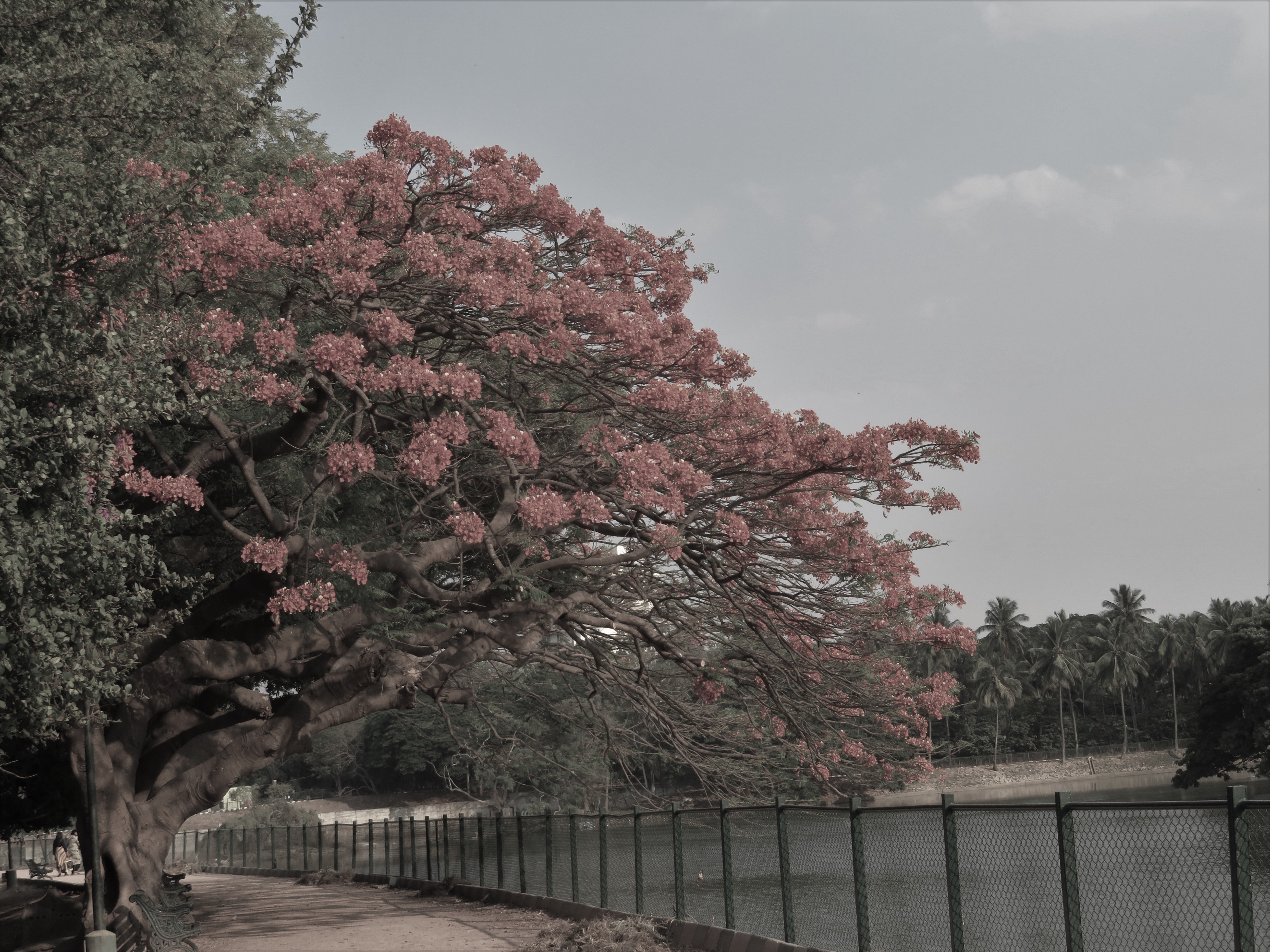You know by now that interludes have typically included art or readings or some relevant poems written in the past. But this one is a fresh write. In Parts 41 and 42, I mentioned visits to Japan and Morocco. But I also went to Rajasthan that year. And I definitely wanted to include a special memory from there. So here is Part 42.1 that is about a charming, historic village called Abhaneri, just outside Jaipur.
Part 42.1
The problem with mustard fields in high bloom is
that when they rub against the wind and make the
light spill like yolk from the white of the sky and
make forever fit into now even as now extends
forever; the problem is that there is neither enough
eye nor soul nor breath to consume it all and what
remains afterwards is more than you have seen and
touched and felt and later the words that mean
anything, sit on the side of that mud track and refuse
to come home with you. By the time, I reached the
ancient Chand Baori, a thousand-year-old stepwell,
thirteen levels deep, the February sun was bravely
battling the cold. I let myself imagine it in its
heyday: the pavilions, the people, the ceremony,
the need. Time is tensile here. Yellow and undulating.
The past tells stories that become clouds. Your shadow
falls on solid stone, stretching across dark landings,
becoming water. Thirst remembers its beginning, the
primal heat. So much can die, unslaked, untended:
words and want and worlds that could have been.
How much longer before rain can fall as rain again?
How much longer before a desert stops looking up
in vain? Back on the highway we stop at a small store.
Now sustenance sells cheap, in flimsy plastic bottles.




(Jaipur- Rajasthan, India)

I love the mustard bloom making the light spill like yolk. Very beautiful. Love all the photos too. I enjoy being an armchair traveller reading your poems. So many journeys!
LikeLike
Thanks so much, Sherry. It has been fun including them in this series.
LikeLike
The end of this poem tells so much, it is not easy with droughts.
LikeLike
Thanks so much, Bjorn.
LikeLike
Wow, the image of forever in now in forever is stunning, “. . . there is neither enough / eye nor soul nor breath to consume it all” From such vastness and diagonals of sight lines (desert and sky etc) to get to the plastic bottle is to expose the puny. Yet, despite everything I know about pollution, I am grateful for those relatively easy purchases of water.
LikeLike
Thank you, Susan. It’s interesting how much easier things have become and yet…!!! The stepwelll was an absolutely fascinating lesson in history, climate and architecture!
LikeLike
How beautiful! – the words and the images they conjure (supported by the photos).
LikeLike
Thanks so much… am glad I wrote this little poem and added it to the mix!
LikeLiked by 1 person
I travel very less due to various reasons. But I understand the transient canvases in your verse. Moments that we try to capture yet can’t in all its frail frame.
LikeLike
Thank you.. yes, very difficult to translate into words, and yet I wanted to capture all of those moments in this series, so many of them left such a deep impact.
LikeLiked by 1 person
I love the mustard seed rubbing against the wind and spilling like yoke. Beautiful image!
LikeLike
Thank you, Colleen.
LikeLike